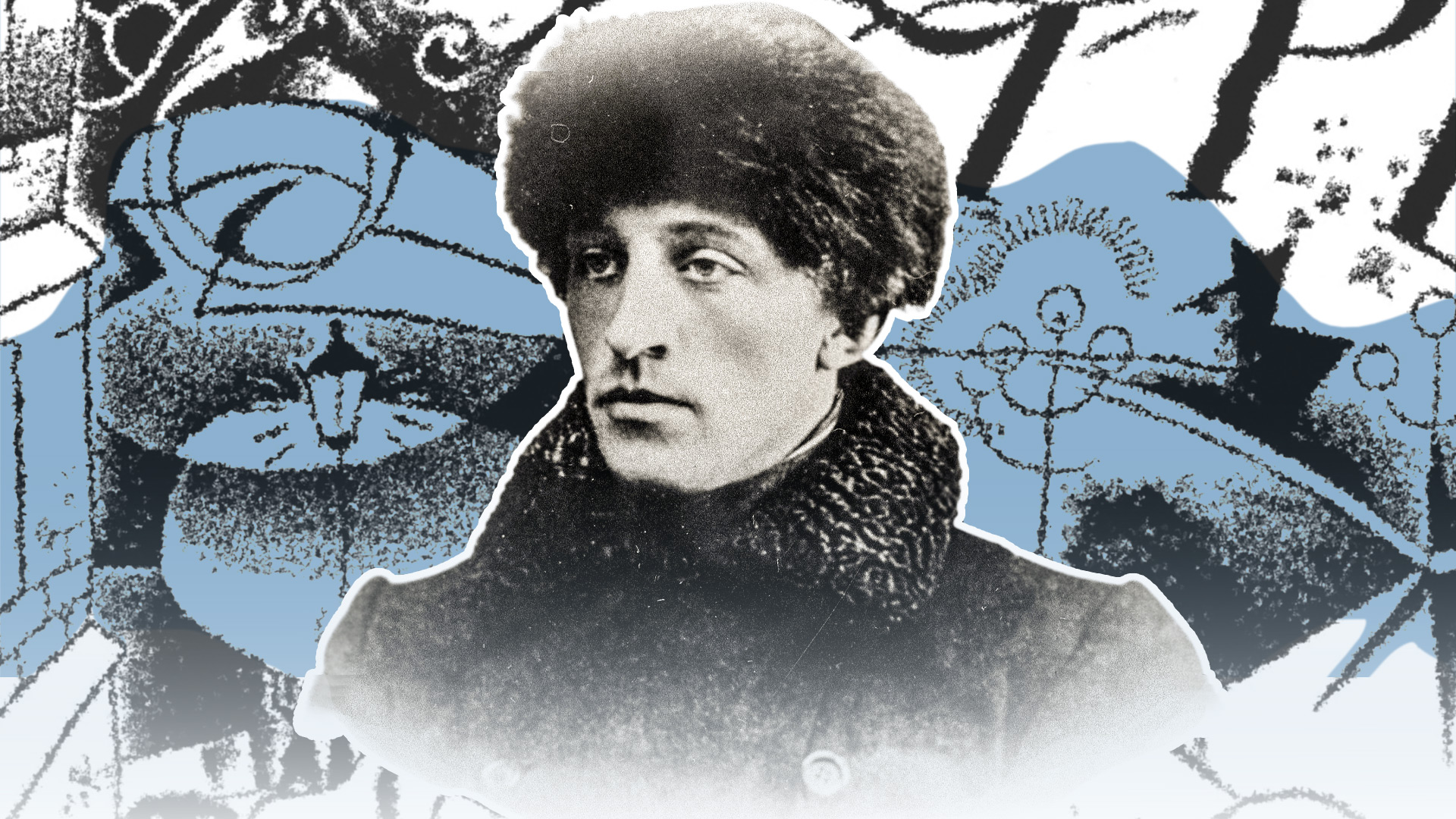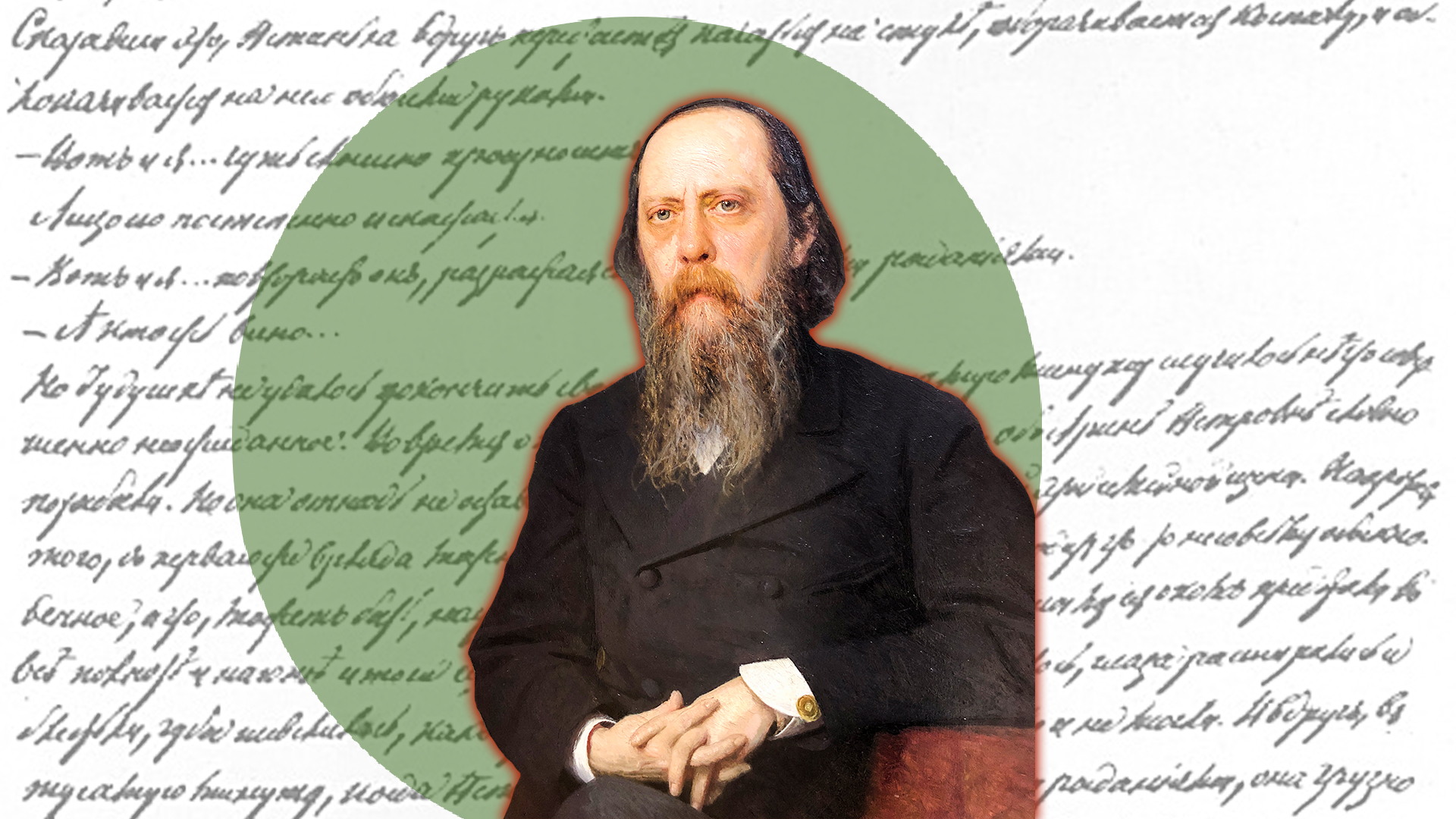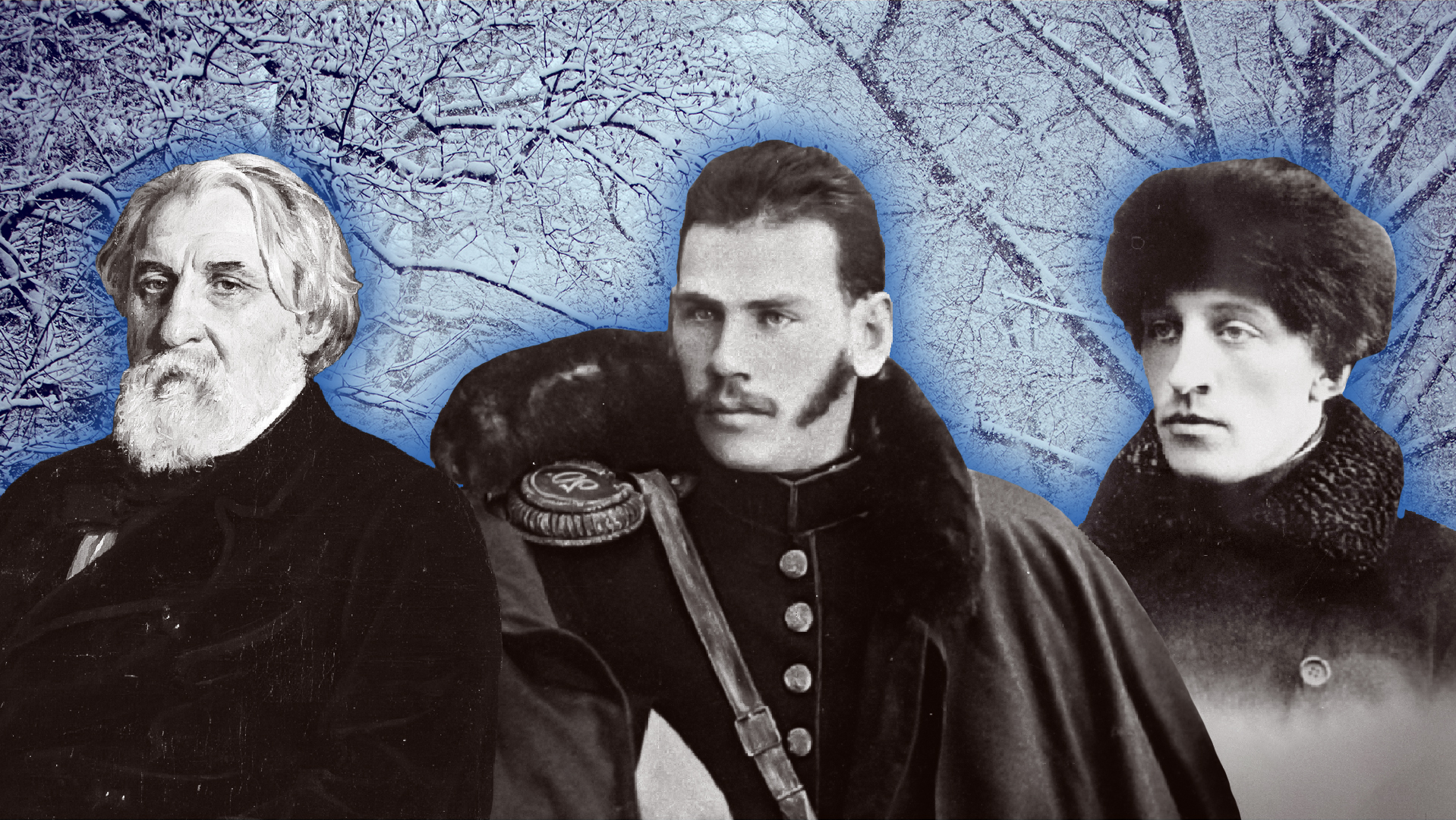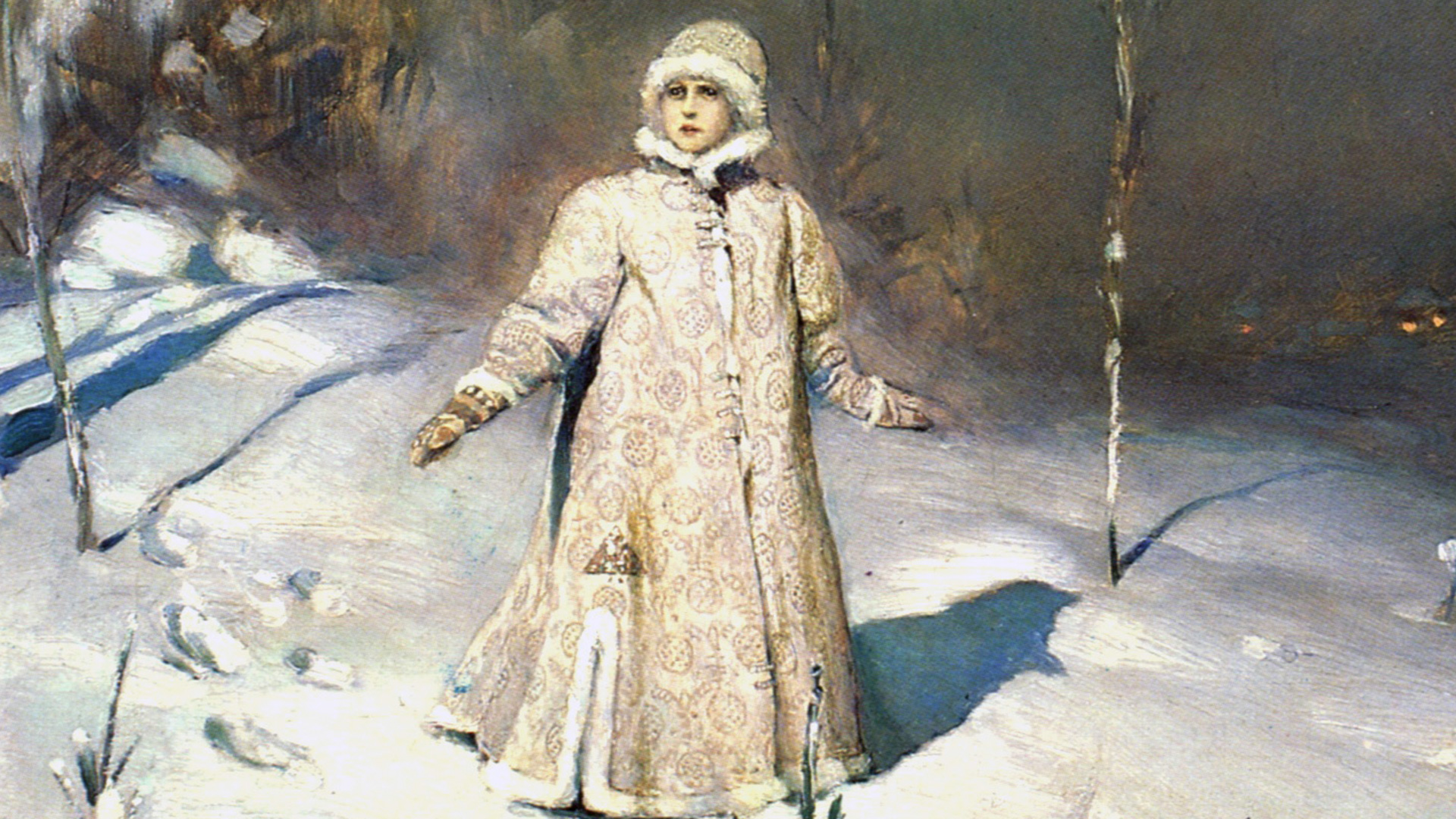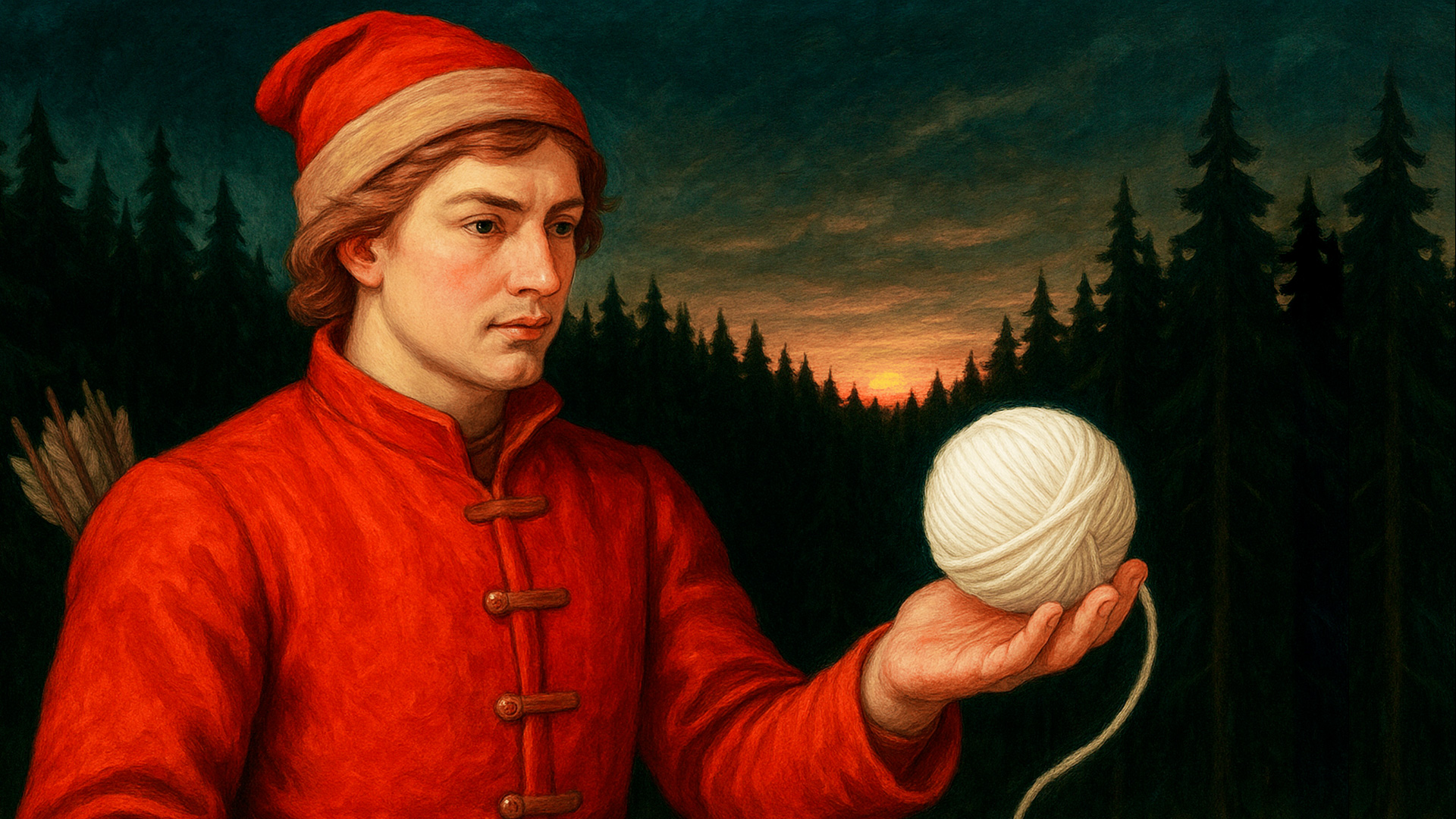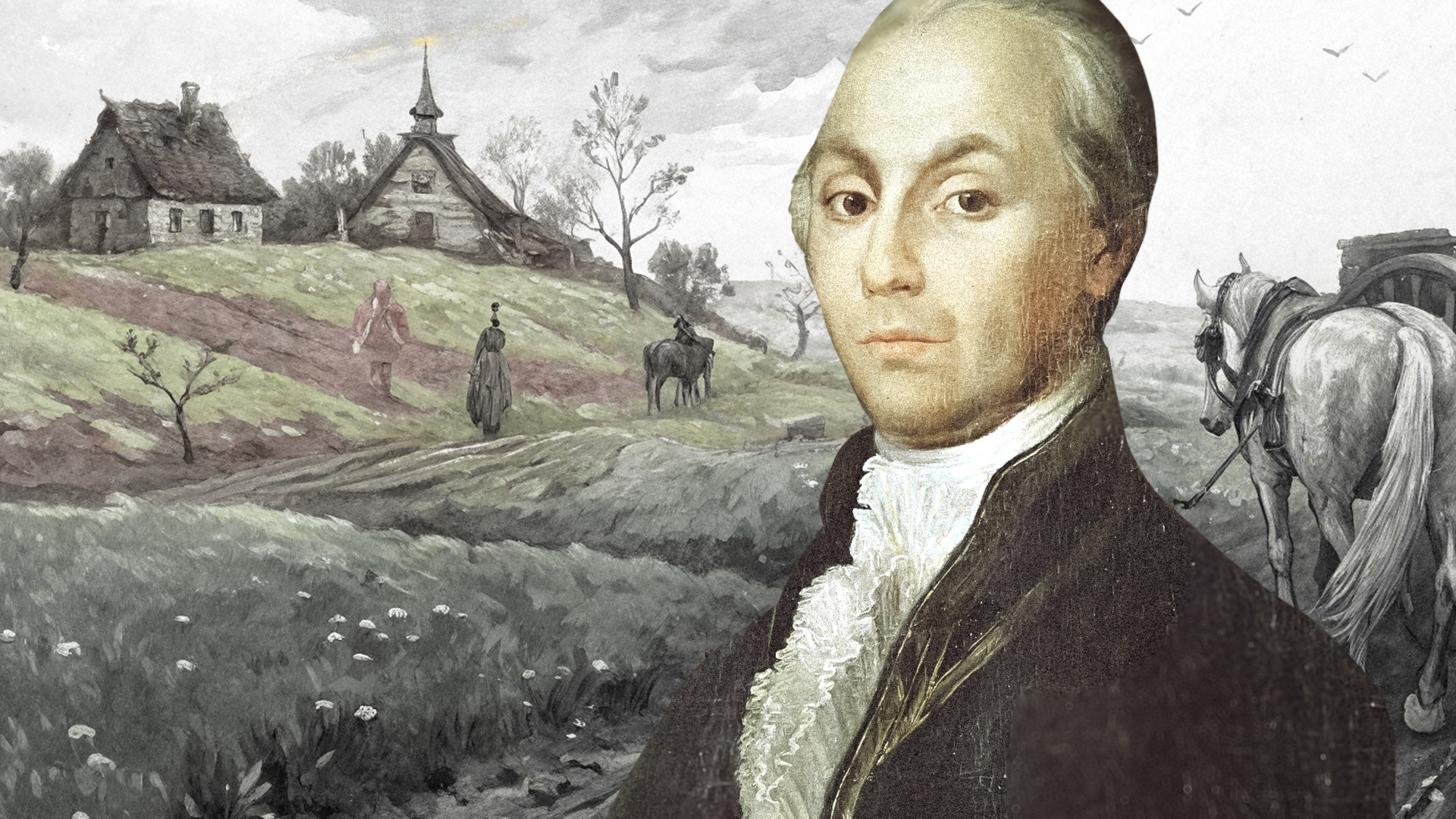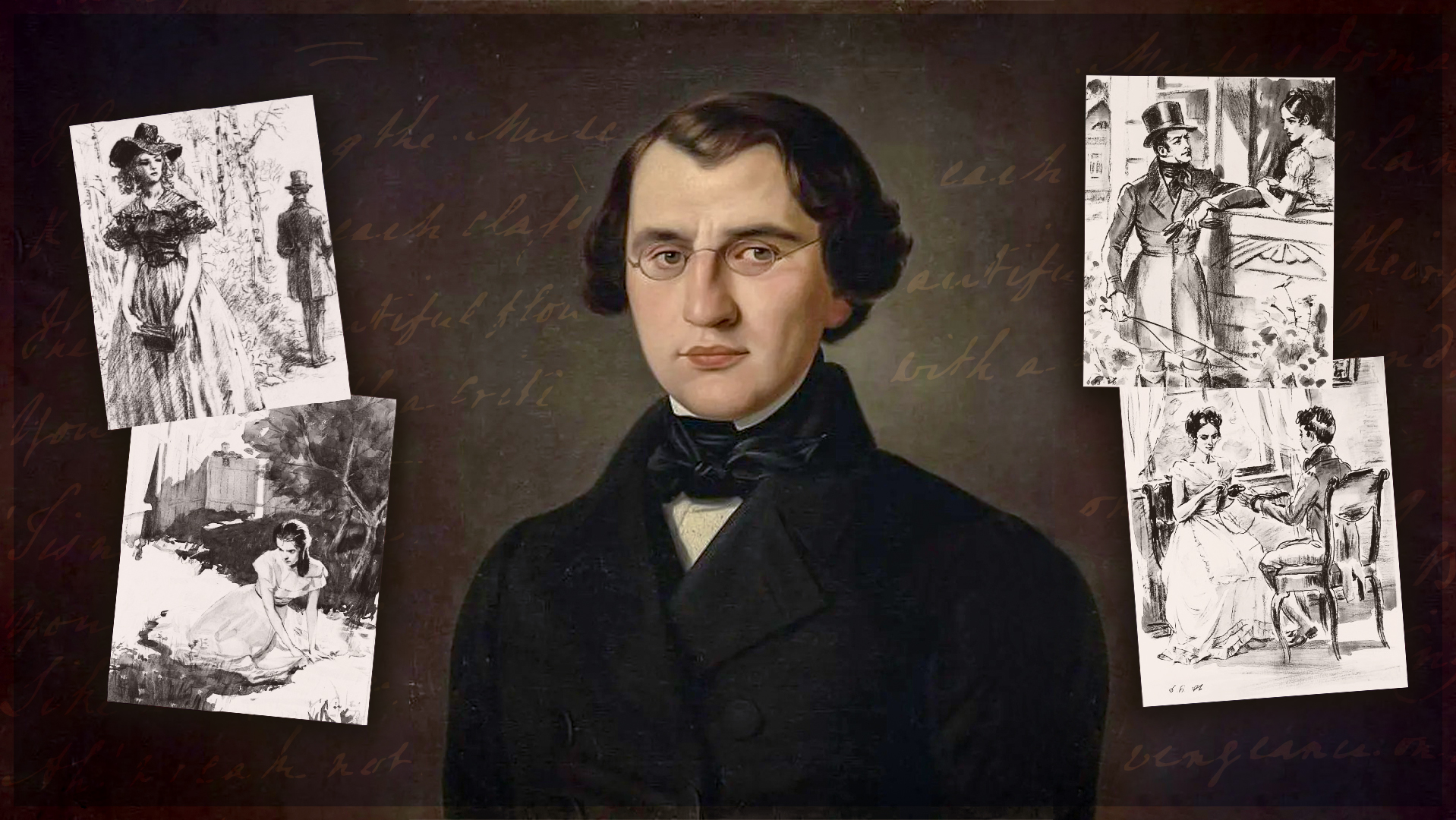
Why is Viktor Pelevin Russia’s MAIN writer today?
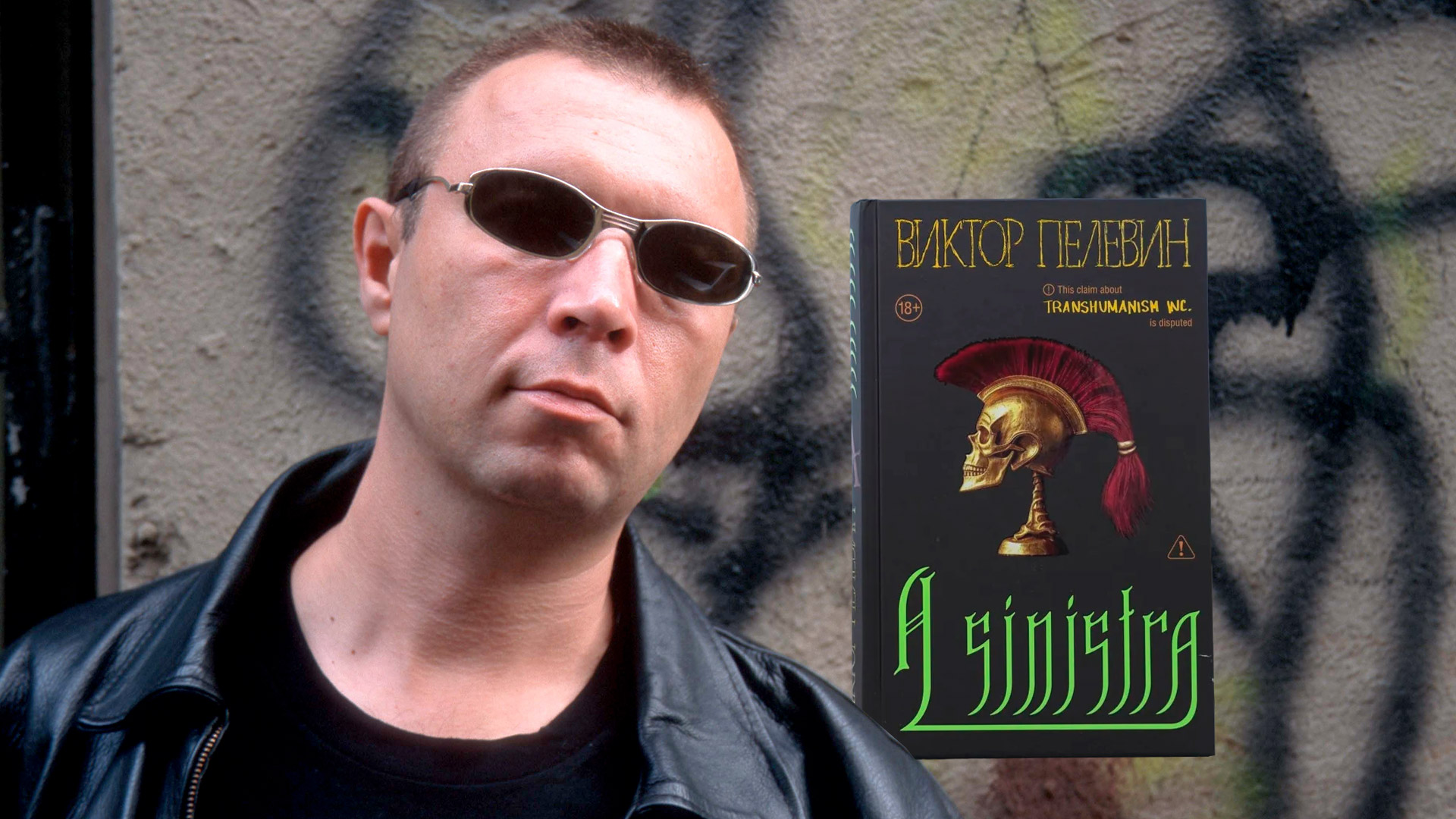
Now, to many Russians, it seems that author Viktor Pelevin has always been around. Since 1991, he, an electrical engineer by education, has been publishing novels with enviable regularity (and, since 2003, almost every year). Well, or, at worst, a collection of short stories and novellas. Years go by, ancient volcanoes awaken, continents shift, a pandemic begins and ends. But one thing in Russian reality remains unchanged – the inevitable release of a new book by Viktor Pelevin. Usually, it ripens by the end of summer – beginning of fall. Everyone is waiting for it and once released, is reading it, discussing it and, often, as always, criticizing it. But, the impressive print runs (the starting one alone is 100,000 copies!) do not fall and the excitement does not fade. And so it is every year. Although the author doesn’t organize any meet and greets, readings or autograph sessions.

Sixty-two-year-old Pelevin is so private that, from time to time, there are even rumors that he does not exist. That ghostwriters or even AI write for him. In the early 2000s, he began to reduce communication with his readers to zero: He stopped appearing in public, then only gave interviews via e-mail and then completely disappeared. All traces that remain of him are photographs from 20 years ago and that annual new book. But, its style has changed. If, in his early works, Pelevin did not simply describe modernity, but ridiculed it and always slightly predicted the near future – and his predictions nearly always came true – then the novels of recent years are less and less reminiscent of literary stand-up. Instead, only a fusion of philosophical parable and social satire remains. A mirror in which another fragment of modernity is reflected, a diagnosis of the era.
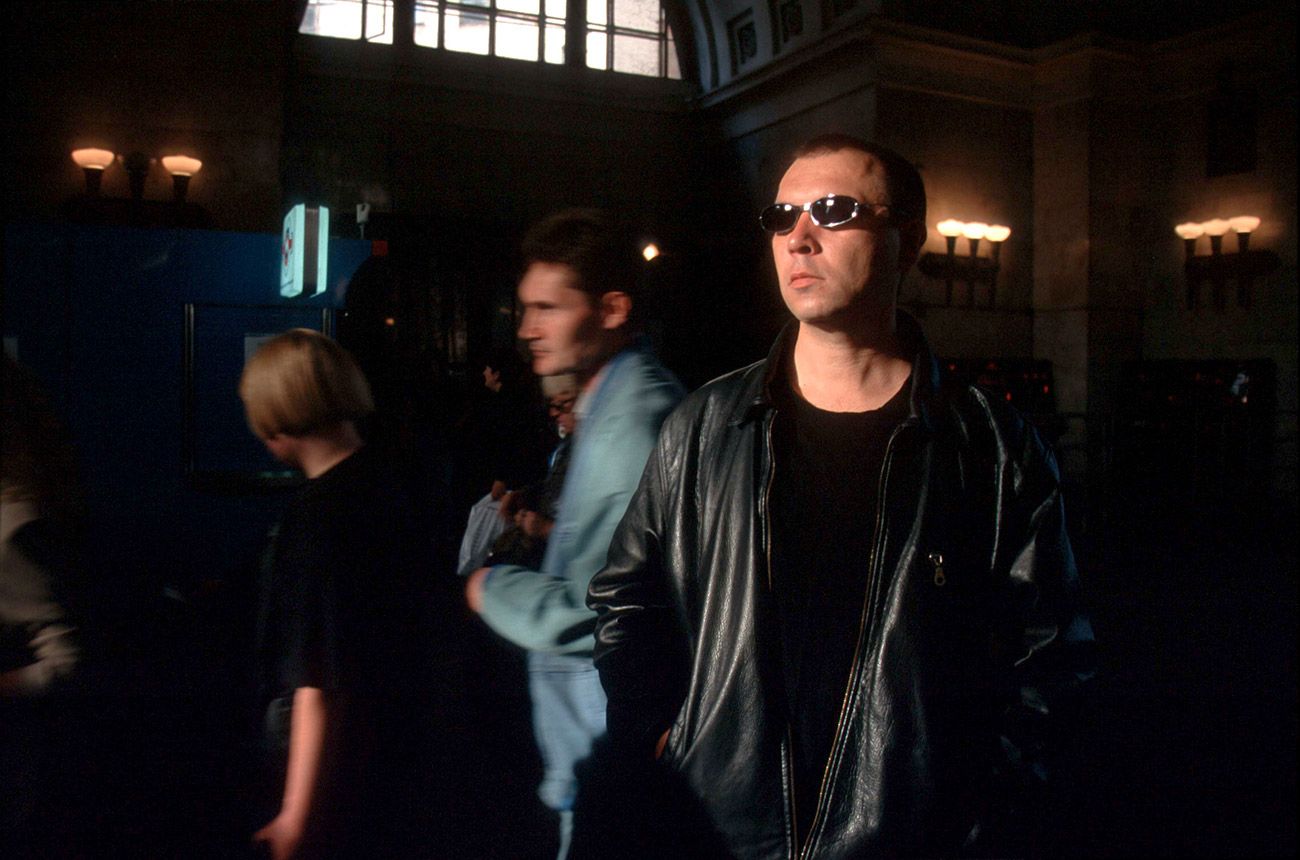
Pelevin's previous four books described the universe of the ‘Transhumanism Inc.’ corporation. The company offers its clients a kind of paradise for the wealthy: after the death of the body, their brain is removed and placed in a special cerebral container, where it continues to live in vivid realistic dreams – simulations. The duration of such "immortality" depends on the client's solvency: Once their account is depleted, the artificial paradise ends. It’s possible to earn money even after the transition to a digital form of life, but you can just as easily lose everything.
The main characters of this book series are Marcus Sorgenfrei, a senior operative in the Internal Affairs Department (based on the character James Bond) and his handler, Admiral-Bishop Lomas (based on the character M). They are also "jars". That is, their brains live in a jar and they themselves work as enforcers in the simulations of the corporation's clients. In previous books, Marcus has already saved the world from a mad algorithm and from Lucifer, who was planning to return the Mesozoic Era to Earth. Now, he has a new task and a new test: He travels to a simulated 16th-century Italy to find out where the brains in jars are disappearing to.
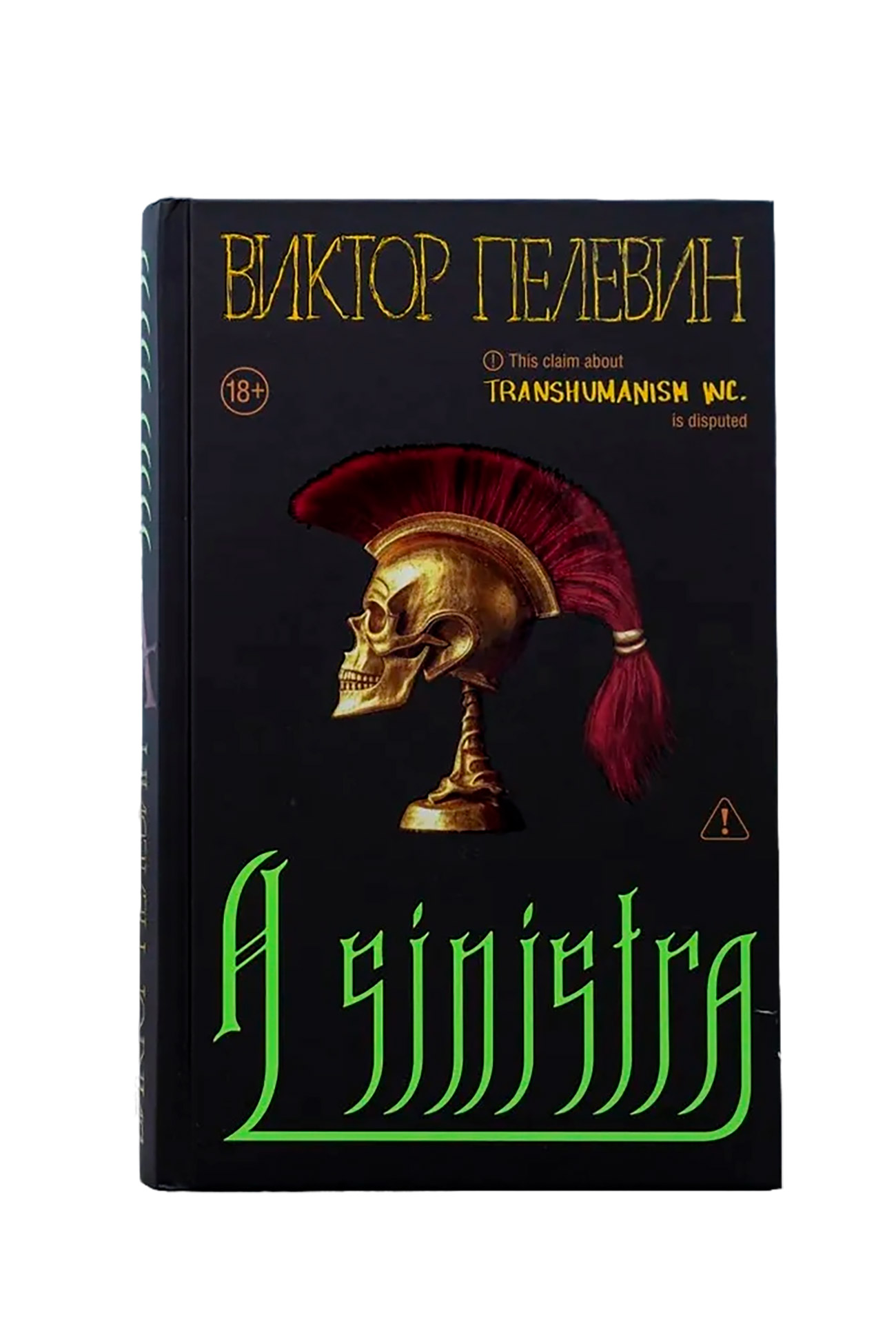
What begins as an investigation into thefts turns into a story about temptation and redemption. The new book’s tag cloud includes Johann Wolfgang von Goethe's ‘Faust’, Lewis Carroll's ‘Alice in Wonderland’ and Mikhail Bulgakov's ‘The Master and Margarita’. Marcus, like Faust, will sign a contract in blood, will talk to a magic grimoire (textbook) like a GPT chat, will learn how to turn people into gold, will create a ‘homunculus’ (a miniature, fully formed human), will fight several powerful warlocks and will seriously consider the salvation of his soul. And, in the finale, Victor Pelevin challenges Mikhail Bulgakov and rewrites ‘The Master and Margarita’. And yes, it’s a happy ending, offering hope for a true, non-commercial paradise to every sinner. Isn't that something that could comfort anyone, anywhere in the world?



